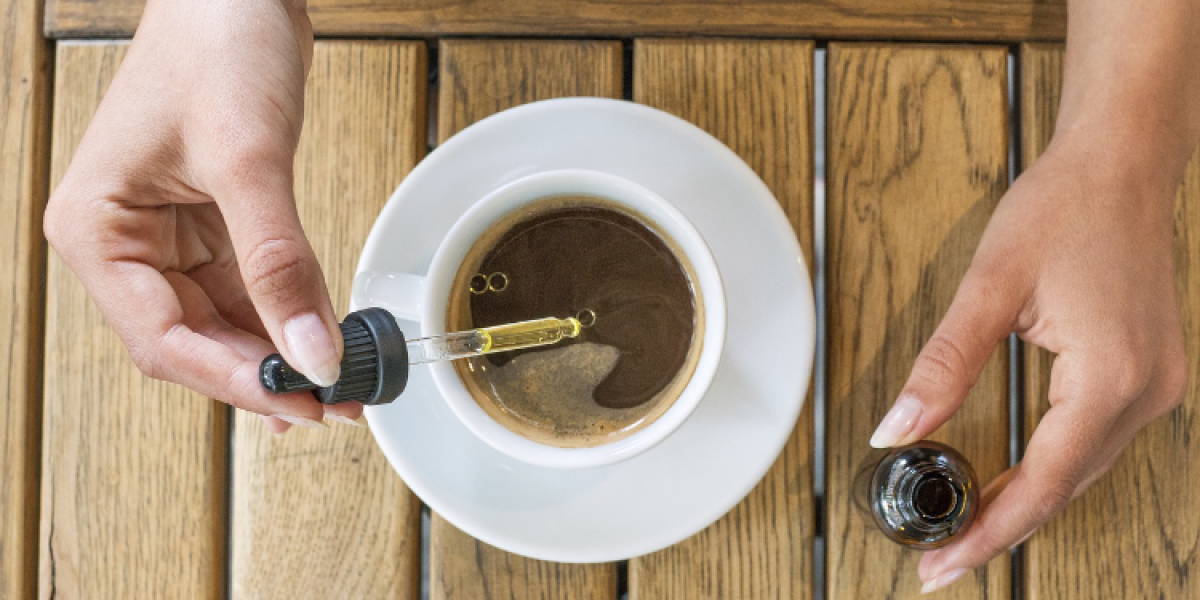
Last week, the United Nations Commission voted to classify cannabis as a less dangerous drug. Of the 53 member states of this committee, 27 voted for while 25 others are against. However, the legalisation of medical cannabis has been debated in many countries for several years. So how have countries been dealing with this issue until now?
Medical cannabis in the USA and Canada
As of November 2020, medical cannabis was authorised in 35 US states but the use remains restricted in others. In recent years, there have been many studies on the use of medical cannabis. California was the first state to adopt cannabis as a therapeutic drug in 1996, followed by Hawaii. In 2016, the majority of states had also given their approval. However, each state has its own regulations regarding the use of medical cannabis. Some of them only allow the purchase of pharmaceutical cannabis products, and others also allow cultivation for personal use. In some states, extracts, oils, edibles, and resins can be used. It's also worth noting that the US is one of the pioneers of the medical cannabis development industry.
In Canada, the use of medical cannabis is allowed since 2016. Today, the country is home to nearly fifty producers of cannabis-derived products. You can thus buy medical cannabis as long as you have a medical prescription issued by a licensed doctor, indicating the recommended dose. However, the purchase of medical cannabis outside this framework is liable to severe penalties, up to 14 years of imprisonment. Besides, thousands of Canadians currently have a license to possess and consume medical cannabis. An individual can also cultivate up to 6 cannabis plants, provided that it can be justified.
Medicinal cannabis in Latin America
Uruguay was the first country in the world to legalise cannabis for medical, scientific, industrial and recreational purposes. The law determines who can cultivate, produce and consume cannabis-derived products under specific conditions. However, a person is allowed to purchase a maximum of 40 grams of medical cannabis per month. Patients who need medical cannabis can either cultivate it themselves or purchase it through cannabis clubs or in pharmacies. However, patients requiring Sativex or Marinol treatment have to seek an import permit from the Ministry of Public Health.
The use of medical cannabis is also authorised in Chile under prescription. However, medical cannabis is not sold in pharmacies. Alternatives for patients are to request an import permit or to cultivate it themselves. To date, there's no limit on the cultivation of medical cannabis in Chile. Also, as in Uruguay, they can obtain it legally through collective cannabis clubs. In Jamaica, although cannabis is authorised for medical and therapeutic purposes, very few doctors prescribe it to their patients. But it's worth noting that even tourists and non-residents are allowed to buy a maximum of 56 grams of medical cannabis, either by presenting a medical prescription or by signing a voluntary declaration relating to their health condition.
In Brazil, although the import of medical and therapeutic cannabis products is allowed, doctors cannot prescribe this drug in its plant form, except in exceptional cases. Imports are regulated within a strict framework established by the National Agency for Sanitary Vigilance (Agencia Nacional de Vigilancia Sanitaria - ANVISA). Patients are therefore required to register to ANVISA to obtain an import permit, as in many other South American countries.
In Bolivia, medical cannabis can be bought in authorised pharmacies, without any prescription. The Bolivian government is also looking to ensure that medical cannabis remains affordable to anyone who might need it.
Europe at a snail's pace
Germany has the largest medical cannabis industry In Europe, just behind the United States and Canada. In March 2017, the country amended its laws to authorise the use of medical cannabis. In 2019, more than 60,000 people were already under medical cannabis treatment. But in Germany, you can only obtain cannabis-derived pharmaceutical products in pharmacies with a prescription. But it's also worth noting that a patient can only resort to medical cannabis when no other treatment has worked. Still, very few doctors prescribe medical cannabis to their patients.
The Netherlands also legalised the use of medical cannabis in 2000. As a result, the Bureau for Medicinal Cannabis was set up to regulate its production. Today, patients can purchase medical cannabis in pharmacies with a medical prescription. Besides, medical cannabis treatment applies to a number of pathologies in the Netherlands. So in the past few years, there were more than 50,000 medical cannabis consumers in the country.
This is far from being the case elsewhere in Europe. Some countries, such as France and Denmark, have set up pilot projects in recent years to test the effectiveness of medical cannabis and to determine the next steps. In France, for example, the National Agency for the Safety of Medicine (Agence Nationale de Sécurité du Médicament) only gave its approval for the first experiments in July 2019. So from March 2021, some 3,000 people suffering from serious illnesses, including epilepsy, will benefit from a two-year treatment in the form of oils, dried flowers or capsules within a strict framework. In the UK, medical cannabis costs around € 500 per month on average.
Medical cannabis in the rest of the world
Would you believe if we told you that medical cannabis is legal in Israel since 1992? This country is currently home to some 50 medical cannabis research laboratories and has more than 40,000 patients under treatment. While Australia and New Zealand have made considerable efforts in recent years by relaxing their laws, most Asian countries are not ready to do the same. India is an exception where there's a distinction between cannabis flowers and fruits. Singapore, however, is disappointed with this new classification by the United Nations Commission. Medical cannabis also remains prohibited in Japan, Vietnam, Cambodia, Nepal and Pakistan.



















